Turnover and renewal the theme of Tasmanian politics in 2022
With a new premier, new MPs and a brace of new ministers as the Liberals endured a tumultuous eighth year in office – the slogan “strong stable majority government” had to work as hard as a minister with eight portfolios. YEAR IN REVIEW>>>

Tasmania
Don't miss out on the headlines from Tasmania. Followed categories will be added to My News.
Renewal was the theme of 2022 in Tasmanian politics, with a new premier, new MPs and a brace of new ministers as the Liberals endured a tumultuous eighth year in office – and the slogan “strong stable majority government” had to work as hard as a minister with eight portfolios.
There was enough drama to sell tickets to fill a boutique waterfront stadium, even if half the metaphorical on-field line-up started the game on the bench, snoozing in the dressing rooms or just wandering past the arena.
It was a year in which about half the state cabinet decided that more time with family sounded more appealing than more time in politics.
It was a year which began with the rapid spread of Covid, following the decision to reopen the borders on December 15.
For a state which had experienced relatively few cases and 13 deaths it was a shock. More than half the state has had it since and more than 200 people have died.
Any hope of an orderly start to the year was dashed with the resignation of education minister Sarah Courtney on February 9, citing a heavy workload.
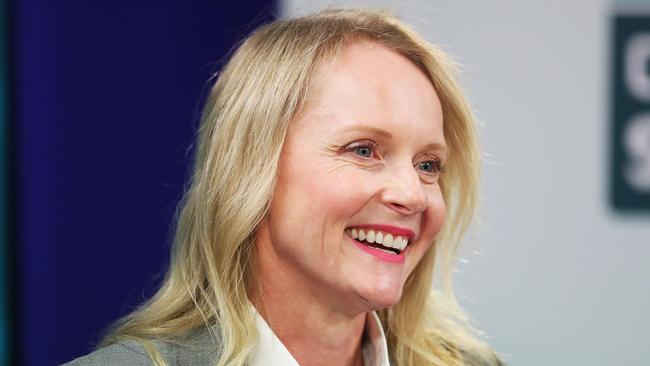
Ms Courtney decided it was time to move on after coming under fire for taking a holiday to France – during which she caught Covid – as preparations were under way for a Covid-affected return to school.
A short-lived but not particularly well developed bid to host the 2026 Commonwealth Games provided a momentary distraction, before Minister Jane Howlett was next out the door on February 25.
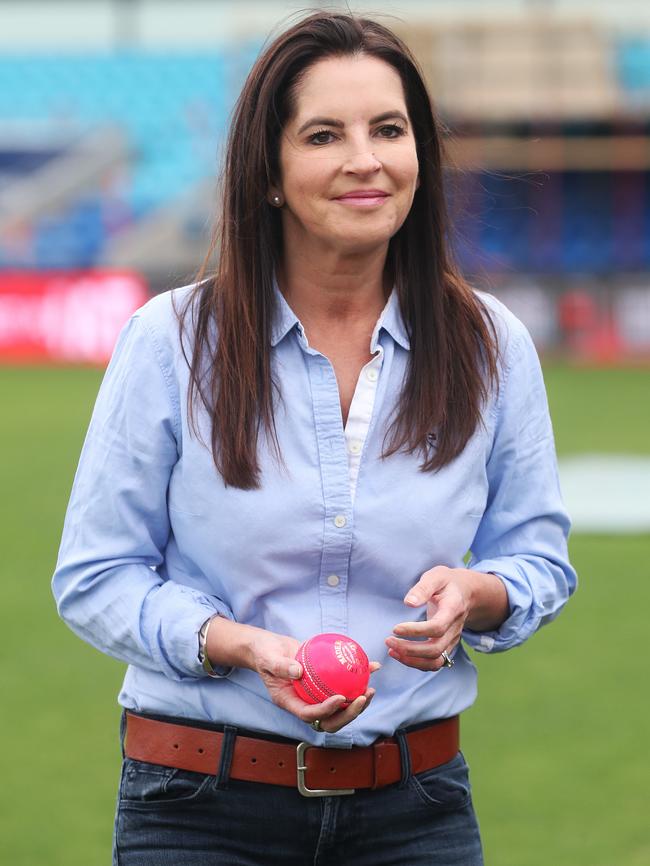
The sports minister had been dogged by conflict of interest claims, which she emphatically denied. Her departure was prompted by the death of her brother.
Then-Premier Peter Gutwein surprised many in his State of the State address by announcing a new stadium at Regatta Point “subject to stakeholder consultation and planning approval, and achieving later this year an AFL licence”.
Somehow in the following months the team became conditional on the stadium, rather than the other way around.
MPs groaning at questions about child sexual abuse in parliament diverted attention for much longer than it should have, before apologies were eventually made.
Mr Gutwein’s biggest surprise was his resignation on April 4, citing the toll taken by the top job.
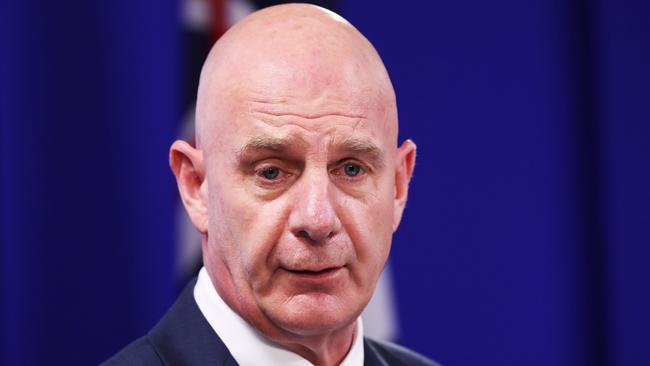
A premier known for his work ethic and devotion to detail, Mr Gutwein’s health had taken a hit during the long months of dealing with the Covid pandemic.
His long-serving deputy Jeremy Rockliff emerged as his replacement, promising to lead with “integrity, courage and accountability”.
Parliament was prorogued for a month to allow the Liberals to swear in a new MP and maintain their majority.
Police, Fire and Emergency Services Minister Jacquie Petrusma was the next to go in July – another citing personal and family reasons. Cue the proroguing of parliament again.
Perhaps not surprisingly, one of Mr Rockliff’s first major policy announcements was his decision to restore the lower house to 35 members, a long-sought reform intended to ease workloads.
Labor, continuing a long run of unfortunate luck, appointed administrators to oversee party operations in July, somehow managing to spin a desperate move to solve an internal crisis as a positive and welcome development.
All the while party outcast David O’Byrne courted the spotlight by punching above his weight in Question Time, as Dean Winter took every possible opportunity to remind folk that power prices had gone up.
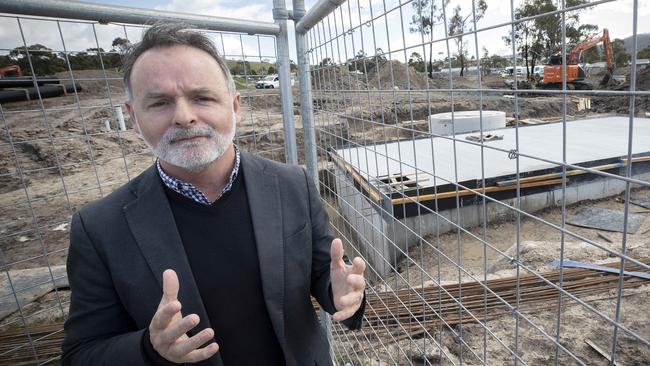
There was turnover in the upper house: in Huon, builder Dean Harriss continued the family tradition by taking his father’s old seat left vacant by the departure of Bastian Seidel; Luke Edmunds entered the chamber after a by-election in Pembroke on the departure of Jo Siejka and Tanya Rattray was returned in McIntyre. August saw the release of the Bolt report, which lifted the lid on a toxic and unsafe culture in state parliament, ministerial, party political and electorate offices.
Among the incidents reported were actual or attempted sexual violence, staff being subjected to yelling, screaming and swearing and having things thrown at them and an MP apparently using pornography on workplace IT equipment. Consequences? Once again, few if any.
As the turmoil of the first eight months faded, it was possible to hear more clearly for a moment the state’s background muzak: the health crisis, the housing crisis, the cost-of-living crisis for a short time at least before the public sector wages crisis hit the fore, remaining unresolved to date.
At least the economy has been going well, and construction started on the Bridgewater Bridge after two decades of delays. Hip hip hooray.
The appalling failures revealed by the Commission of Inquiry into the Tasmanian Government’s Responses to Child Sexual Abuse in Institutional Settings were more background themes of the year – Mr Rockliff delivered a historic and heartfelt apology to victim-survivors of child sexual abuse in November.
There were some policy wins along the way: Michael Ferguson’s bold gambling reforms spring to mind and the federal election brought some major commitments from the incoming Labor government including major funding commitments for the Hobart airport runway upgrade and for upgrades at Nyrstar’s Hobart smelter.
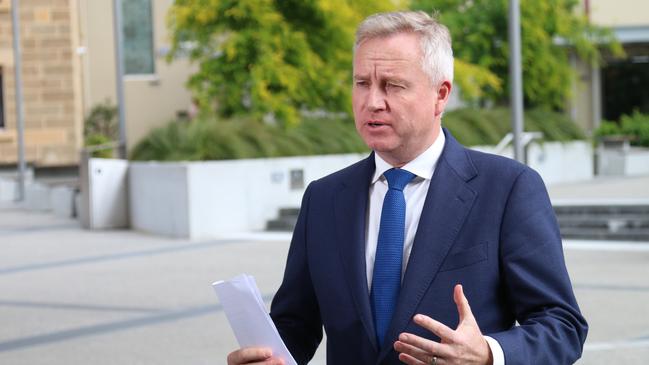
Perhaps the biggest announcement of the year for the government was federal support for the $3.5bn Marinus Link electricity interconnector project – announced during a whistlestop visit by Prime Minister Anthony Albanese in October.
There was also the highly conditional Gillon McLachlan in-principle support for the state’s AFL team bid, which continues to be dogged by funding of the ambitious $715m stadium and public opposition.
The state’s voluntary assisted dying laws came into effect with little fanfare and Labor kicked a goal in the final quarter with some polling on the stadium: a topic surely set to join the Tasmanian classics like the apparently undead cable car project, council amalgamations and the Hobart light rail as one of our favourite talking points.
At one of his last press conferences for the year, Premier Jeremy Rockliff looked like a kid on the last day of school, as well he might.
It was a gruelling introduction to the hot seat for the farmer from Sassafras.



